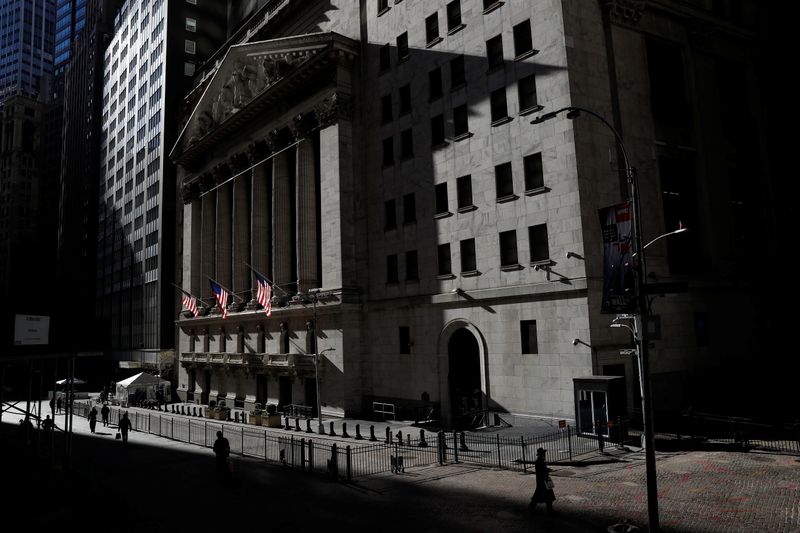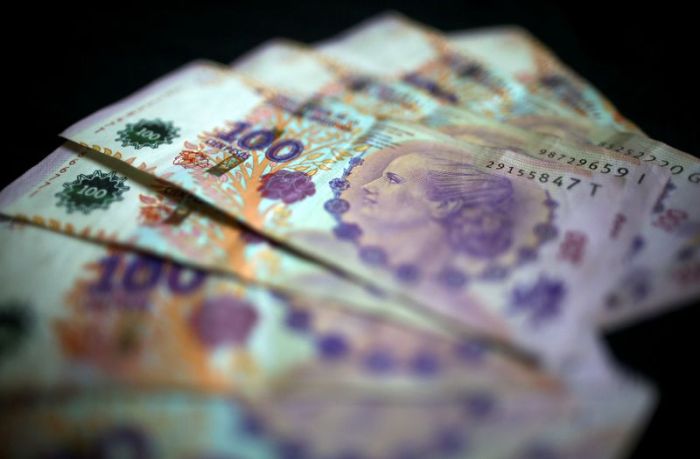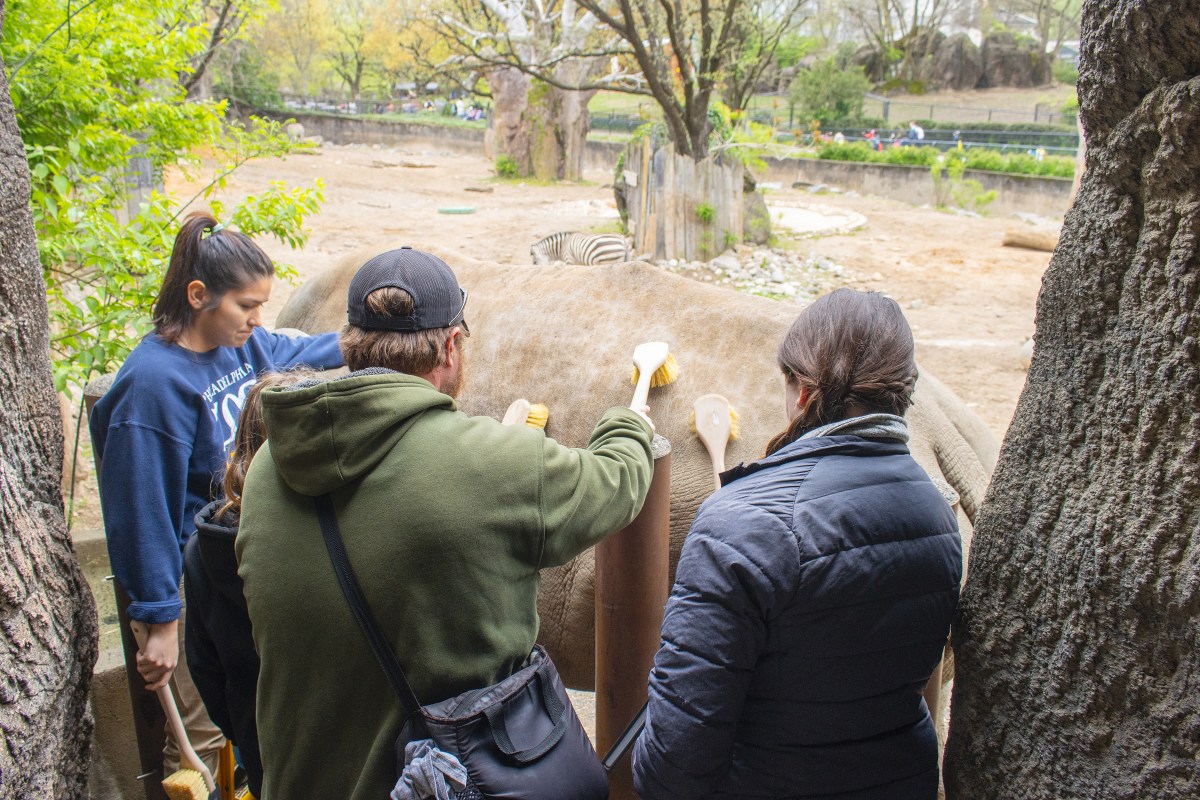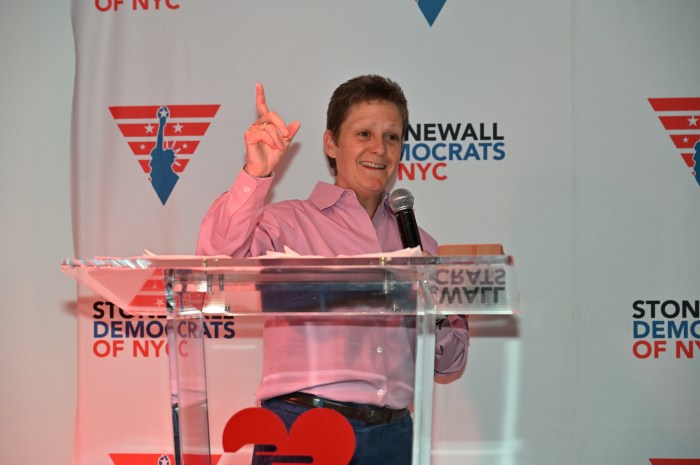NEW YORK (Reuters) – Stock prices and bond yields fell in relatively light trading on Friday as investors reacted to dwindling aid for the U.S. economy and rising coronavirus infection rates.
The Dow Jones Industrial Average fell 219.75 points,or 0.75%, to 29,263.48, the S&P 500 lost 24.33 points, or0.68%, to 3,557.54 and the Nasdaq Composite dropped49.74 points, or 0.42%, to 11,854.97.
The S&P 500 and the Dow posted marginal losses for the week,while the tech-laden Nasdaq settled a bit higher from lastFriday’s close.
Benchmark 10-year Treasuries yields fell to an 11-day low of 0.818%, before bouncing back to 0.829%. The yields are down from an eight-month high of 0.975% last week, when supply and optimism over vaccines pushed the rates higher, and have now retraced almost all of that spike.
In afternoon trading, the dollar was flat against a currency basket at 92.369 in a quiet day for currency markets. The euro was down 0.1% against the dollar at $1.1859, posting a small weekly gain.
Investors mostly sat pat on positions after recognizing that a wind-down of U.S. Federal Reserve pandemic lending programs was unlikely to have much effect, said David Bahnsen, chief investment officer, the Bahnsen Group, a wealth management firm in Newport Beach, California.
“It would be virtually incomprehensible that any market actor could have actually thought that extension of the emergency provisions of the Fed was needed,” Bahnsen said.
Much of the money has not even been used, he added.
Mnuchen defended the decision to let the programs expire at year end and noted the Treasury could reactivate them. “We have plenty of capacity left,” he said.
FACTBOX-This is where the Fed’s emergency facilities stand.
Mnuchen’s comments that remaining money could be used for grants rather than loans suggested that “this could be an avenue to a targeted fiscal stimulus deal in the lame duck session,” said Yousef Abbasi, global market strategist at StoneX, a global financial services firm.
Investors remain worried about the economic cost of rising infections and new lockdowns and restrictions, which grew Friday. White House Coronavirus Task Force coordinator Deborah Birx on Friday said more than half the United States was a virus-rampant “red zone,” and Americans should limit gatherings on Thanksgiving Day to immediate family members.
But investors also are moving beyond the safety of big tech stocks to small cap and even emerging markets as they anticipate improving economies next year, Bahnsen said.
A weakening dollar, strengthening global manufacturing and emerging markets stocks that are less expensive than American equities “really broaden that investing universe,” he said. “I think that’s healthy for investors.”
Indeed, optimism about coronavirus vaccines prompted investors to pump $27 billion into equity funds last week, BofA said on Friday, citing data from EPFR.
Still, despite buying of hard-hit sectors such as banks, travel and leisure and oil, BofA said, investors “ain’t selling tech.”
(Reporting by Alwyn Scott; Editing by Tom Brown)























